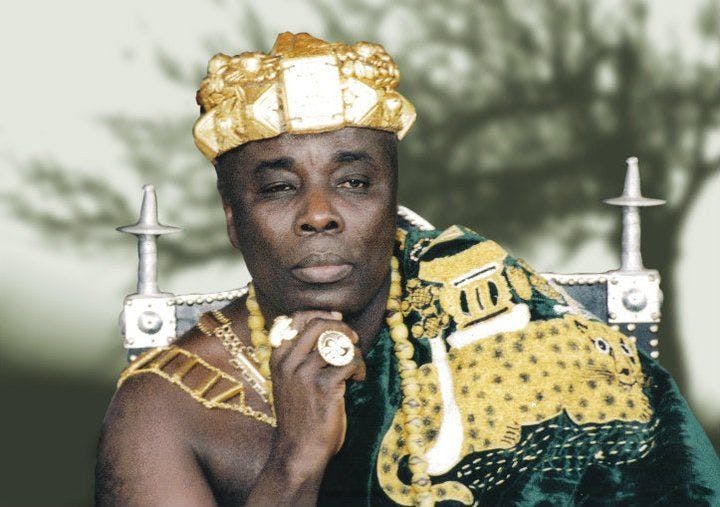Fall 2013
Why are traditional authorities still popular in democratic Africa?
– The Wilson Quarterly
The once and future chief.
One day last year in a village in South Africa, a court heard two different cases. A man whose wife had run off demanded that her father return the cows he had provided as a bride price. Another man stood accused of letting his cows graze on public land marked for conservation. Presiding over the court was not an official magistrate but Chief Luthando Dinwayo and a tribal council of four women and five men. This arrangement was no anomaly. The council’s word was law, and the villagers paid it heed. Similar stories could be told in much of Africa, where traditional authorities wield considerable power in some areas of life.
That’s disastrous, say critics. Many see the survival of traditional authorities as a troubling sign of governmental weakness, especially in Africa’s young democracies. Some argue that unelected tribal chiefs wield power only because they control land or other valuable resources, and that they are prone to abusing their authority. Anthropologist Mahmood Mamdani of Columbia University, perhaps the harshest critic, argues that traditional authorities were willing tools of the European powers during the colonial era and have an equally corrupt relationship with central authorities today.
But Carolyn Logan, a political scientist at Michigan State University, draws on a wide-ranging survey of African countries in arguing that traditional authorities enjoy popular legitimacy and play an important role in resolving local conflicts and allocating land in their communities.
Indeed, in 17 of the 19 nations polled, a majority of those surveyed said traditional leaders wield “significant influence,” and in 16 of those countries, most respondents believed that the influence of traditional authorities should increase. Support wasn’t limited to the hinterlands, the usual bastion of tradition: Relatively affluent urbanites didn’t differ from poor farmers in their support. And although traditional institutions are commonly assumed to be detrimental to the interests of women, men and women were equally likely to praise them—at least in the presence of pollsters.
Africa is an enormous and diverse landmass, of course, and the tribal councils of South Africa wouldn’t find exact counterparts in, say, Mali. “The nature, scope, and sources of their authority, as well as their titles, their official status, and the perks of office that they enjoy, vary widely across communities and countries,” explains Logan, writing in African Affairs. They do, however, enjoy broad popular support in only two roles, solving local disputes and allocating land.
Traditional authorities have had to overcome the taint of their collaboration with colonial-era European rulers as well as the animosity of dictatorships. In Tanzania, for instance — one of the two countries Logan surveyed that reported weak influence from traditional authorities — the independence leader Julius Nyerere long ago reshaped society by forcibly relocating rural people into artificial, ujamaa villages in which tribal leaders had no power.
Today, there’s little competition between government and the traditional authorities. And there’s no evidence that embracing tribal leaders means rejecting the central government or democracy. Logan found that the more likely people were to view the government as legitimate, the more likely they were to view traditional authorities as legitimate, too. “Rather than being a zero-sum commodity, popular legitimacy appears to be mutually reinforcing.”
There is an important lesson for Africa’s national leaders in the continued popularity of their erstwhile rivals, Logan says. The surveys revealed that people value tribal leaders simply because they listen. “African governments may be doing a much better job of protecting individual freedoms ... but their ability to interact with and respond to popular needs, priorities, and demands lags far behind.”
“That said,” Logan admits, “idealizing chiefs will be no more helpful than demonizing them.” They’re as prone to corruption, human rights abuses, and incompetence as the next authority figure. Plus, there is always the danger that they will play tribal favorites and exacerbate ethnic tensions.
Still, the fact that traditional authority figures possess an “enduring worth in the eyes of a sizable majority of Africans” suggests that they will — and should — continue to play a role in Africa’s democratic development.
THE SOURCE: “The Roots of Resilience” by Carolyn Logan. African Affairs, Summer 2013.
Photo courtesy of Wikimedia Commons
